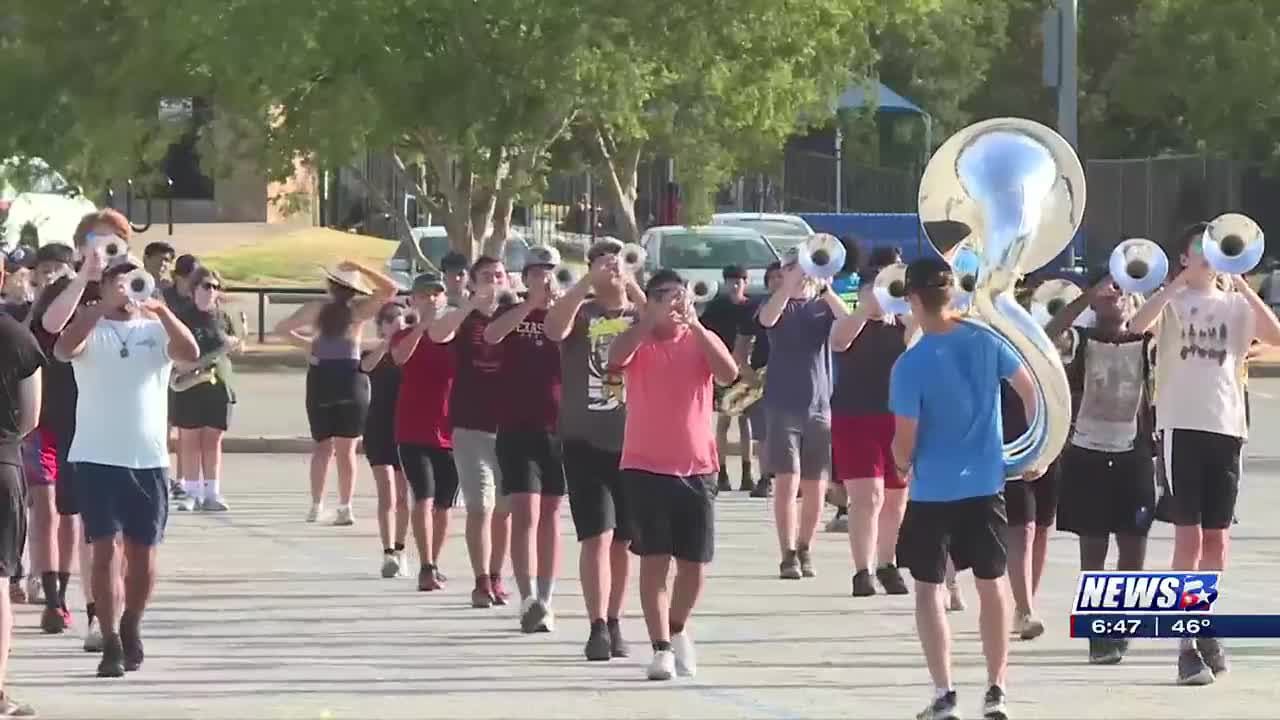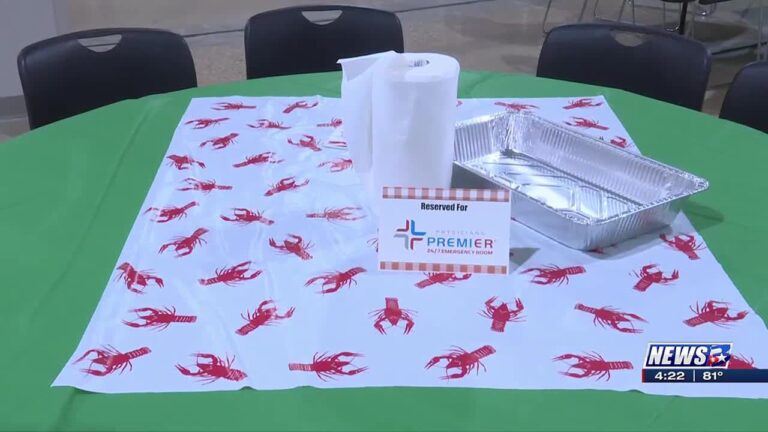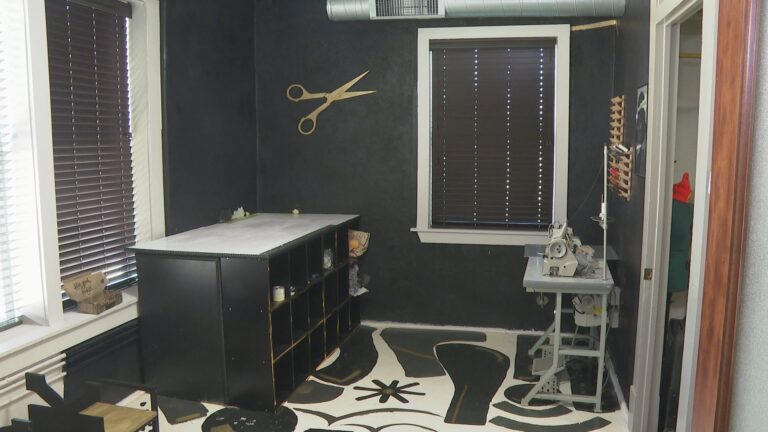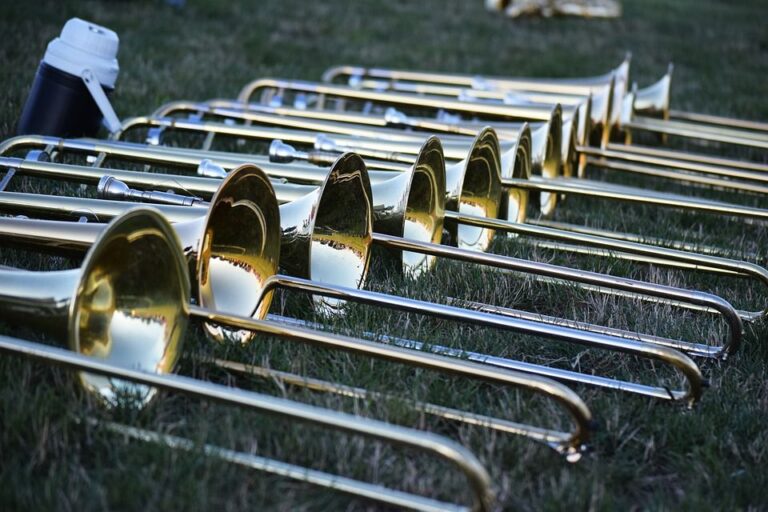Bryan ISD weighs in on UIL summer practice guidelines for ‘musician-athletes’
BRYAN, Texas (KBTX) – Outdoor summer practices for Texas students might start looking a little different, thanks to new guideline recommendations from the University Interscholastic League (UIL).
These recommendations are designed to keep students practicing safely in the summer heat and are expected to become policy in 2025.
Assistant Director of Athletics Josh Woodall said Bryan ISD has been following those guidelines for years, using a metric he called the ‘gold standard’ for heat safety.
The district and the UIL watch a measurement referred to as the wet bulb globe temperature. According to the National Weather Service, the wet bulb globe temperatures measure heat stress on the body by taking into account factors like temperature, wind speed, and humidity.
When that number gets too high, practice gets called off. However, Woodall said this doesn’t always apply to games.
”Research shows that the majority of heat-related casualties come from practice and not from games, and that has to do with the inherent nature of a game,” he said.
Student-athletes are completing more repetitions for longer periods of time during practices, making the risk of heatstroke and other safety concerns higher than during games.
Those UIL guidelines don’t just apply to traditional student-athletes, they also apply to marching bands. Their summer practices include exercise and conditioning similar to other sports, and they’re playing an instrument while they do it.
“The lower body demands, the upper body demands, and the demands on maintaining quality sound on an instrument,” Stephen Howard, band director at Rudder High School, said.
Marching bands are subject to their own set of UIL guidelines just like other school sports.
“There is high physical and mental demand on our students,” he added.
When the marching band is practicing outdoors during the summer, they face the same risks.
“Heat stroke is a major concern, and can lead to, to a death during participation,” Woodall said.
As the wet bulb globe temperature rises, UIL guidelines require practices to adhere to more water breaks, shorter practices, or cancel altogether.
Last summer, the marching band was forced to move their practices indoors on several days, which Howard said is an easier task for them compared to sports like football.
“We do our best to keep our students in the conditions that they’re going to perform in,” he said, “We can always get our instruments out and, and practice the music.”
Although the physical activity might look a little different, safety in the heat is a top priority for athletics and the arts.
“We are increasing the frequency of water breaks, we’re monitoring our, our athletes more closely for potential signs of heat illness,” Woodall said.
Howard’s message is clear – these student musicians are also student-athletes.







